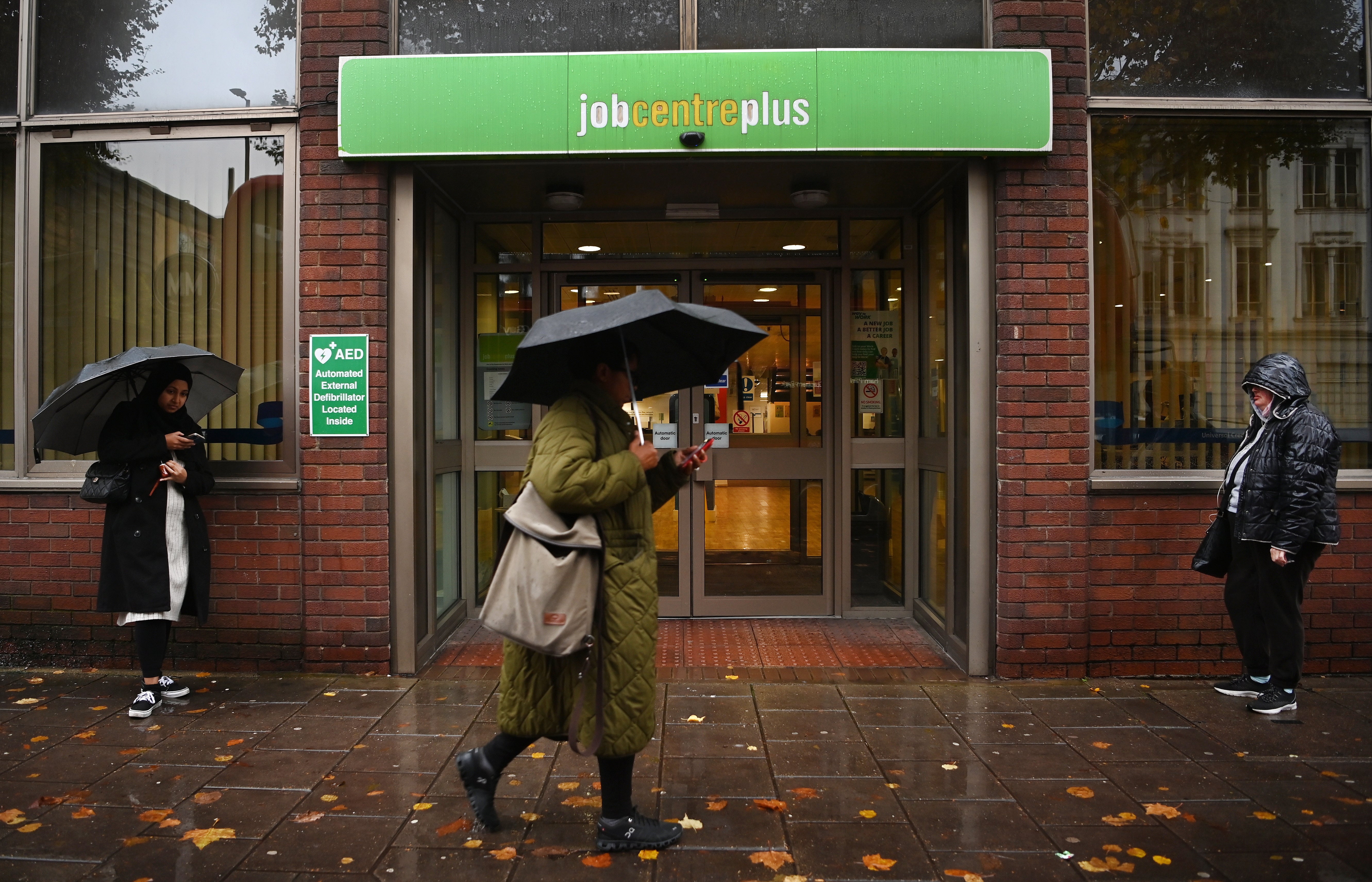Even with all the chilling headlines, stern warnings by the chancellor of “eye-watering” choices and dire economic forecasts, the true scale of the imminent assault on living standards seems imperfectly understood.
Of course, there have been many recessions, periods of inflation, strikes, house price crashes, cuts to public services and times of joblessness before. But rarely have they occurred with the severity and for such a protracted time as seems likely now.
The 2020s seem set to be a decade of sluggish growth and relative decline in standards of living compared with our European neighbours. The UK is entering uncharted and treacherous territory, and because nothing quite like this has befallen the nation since the end of the Second World War, it is understandable that the challenges ahead are dimly understood and difficult to visualise – let alone accept.
The latest news from the labour market confirms that one of the few – at least superficially – bright spots in the economic sky is dimming rapidly. Until now, complacent ministers who should know better have been bragging about wage growth and unemployment at near 50-year lows. That was a disingenuous way of spinning a chronic and inflationary labour shortage but at least reflected the fact that jobs were plentiful in a few areas and for certain skills.
As the economy contracts, so, inevitably, does the demand for labour, artificially heightened as it has been recently by the many thousands suffering from long Covid, others taking early retirement, and the end of freedom of movement for EU workers post-Brexit. So now there is an uptick in the rate of unemployment, and it will be the first of many.
For those fortunate enough to be in work, wages are rising – but at nowhere near the rate of inflation. In the private sector, on average, they are trending up by some 6 per cent; but in the public sector, they languish at a miserable 2 per cent. This, of course, is at a time when inflation is running at more than 10 per cent, and may reach 20 per cent in the coming months.
Those sectors where workers are organised and have some bargaining power will no doubt strike to resist the cut in the real wage: others with little industrial muscle will be left behind. It is some mercy that the signs are that the autumn statement will grant increases in pensions and benefits to match the rise in prices; but others won’t be so lucky.
It will be interesting to see how the nation will react to any industrial action by nurses, if and when it comes. They have great public sympathy on their side, as well as a vast number of vacancies; but they also risk attacks from certain elements of the media who seem to think they should be giving their all on overcrowded wards as an act of charity.
The equation of misery is a simple one: below-inflation wage increases; hikes in income tax and duties; council tax up; interest rates, mortgage bills, rents and business finance more costly; further rationing and degradation of public services; a weak currency importing more inflation via higher import costs; a global recession; the collapse in private business and public infrastructure investment; a correction or crash in property values; nervous stock markets.
To keep up to speed with all the latest opinions and comment, sign up to our free weekly Voices Dispatches newsletter by clicking here
And, in the case of the UK, all caused or exacerbated by the unique act of economic self-harm that is Brexit. The impact of leaving the EU is still too little discussed, the global slowdown caused by the pandemic and the war in Ukraine providing camouflage and alibis for the great Brexit disaster.
Perhaps the only comfort that can be derived from the bad news on jobs and wages is that inflation hasn’t yet taken hold and become embedded in the labour market. If so, then the monetary and fiscal squeeze now under way may have to be less harsh than once feared – but it is not yet certain and, in any case, there will be pain to come.
In recent decades, the UK has enjoyed a boost to growth from the EU single market, migration, globalisation, inward investment, consistent downward pressure on inflation, the internet and the rise of China and India as burgeoning markets and sources of low-cost supply. It is difficult now to discern where anything like comparable engines of growth will be found over the next few years.
It’s grim, and it’s time for ministers to acknowledge that fact, drop the boosterish rhetoric, and level with the people about the long, hard slog ahead. It would be a welcome change.







Join our commenting forum
Join thought-provoking conversations, follow other Independent readers and see their replies
Comments